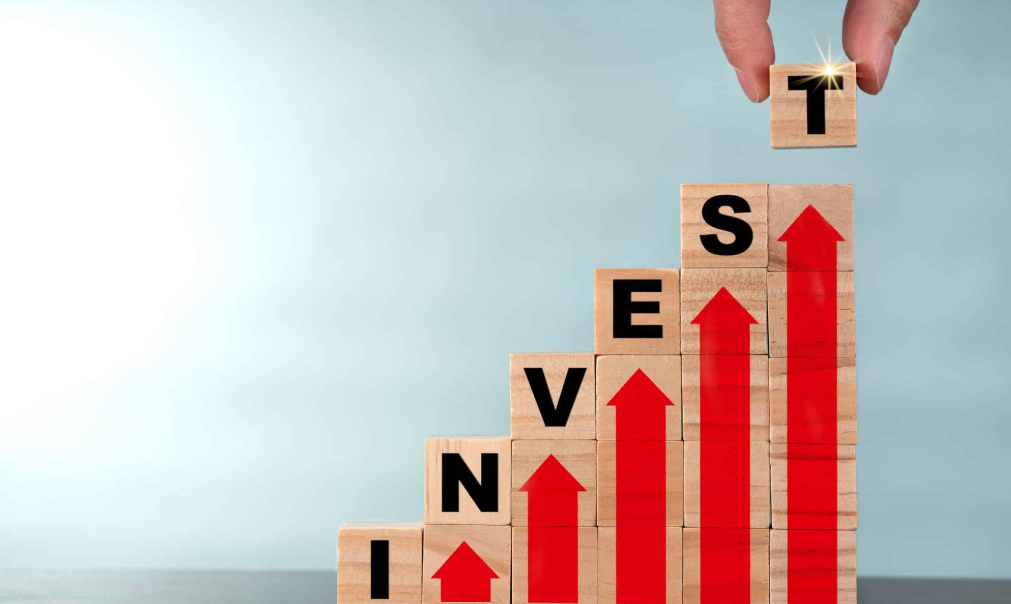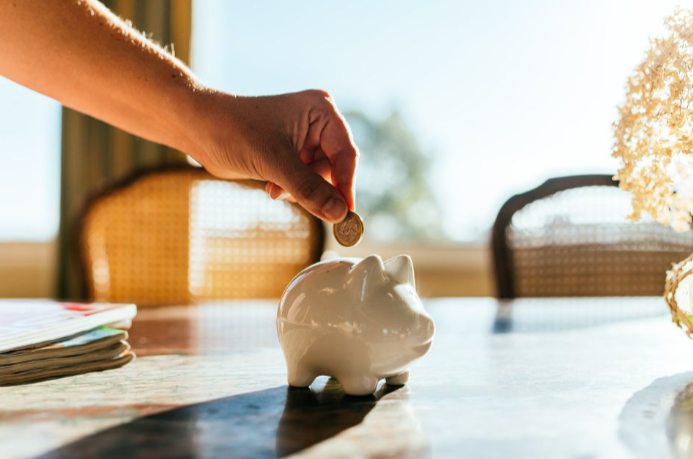Owning your own home is often seen as the big dream here in Ireland — the ultimate goal we all work towards. But sure, what happens when you finally get over the line and pay off the mortgage? You’d think you’ve hit the jackpot, sitting on a heap of equity, ready to use whenever you fancy. But it’s not always that straightforward, is it?
The whole idea of home equity can leave people scratching their heads. It’s not just about having the house in your name — it’s about knowing what it’s worth and how that fits into your bigger financial picture. A lot of homeowners across the country find themselves wondering what it all really means once the bank is out of the equation.
So let’s dive in and unpack it properly. What does it really mean to own your home outright? And how does that affect the equity tied up in it? We’ll break it down, plain and simple — no faffing about — so you can understand what your home means for your future, now that it’s truly yours.
If you’re still on the journey to paying off your mortgage, there’s plenty you can do to speed things up and save a tidy sum along the way. With the right approach, clearing that debt can be much more achievable than it seems.
Take a look at our guide on Effective Mortgage Repayment Hacks to Clear Debt Faster to learn how.
Understanding Equity and Mortgages
Equity represents the ownership stake you have in your home. It is the difference between your property’s market value and what you owe on any outstanding mortgage. Simply put, if your home is worth $300,000 and you owe $200,000, your equity stands at $100,000.
Mortgages are loans specifically used to purchase homes. They allow buyers to finance a significant portion of their property while gradually paying it off over time through monthly payments that include principal and interest.
As homeowners make mortgage payments, they build equity slowly but surely. This journey increases once the loan balance decreases or when the property’s value appreciates due to market conditions.
Understanding these dynamics sets a solid foundation for making informed financial decisions related to real estate investments and potential Equity Release Mortgages down the line.
📅 Book Now – Schedule your consultation with our expert advisors today.
Relationship Between Equity and Mortgage Payments
When you make mortgage payments, a portion goes towards the principal. This is where equity starts to grow.
As your balance decreases, your ownership stake in the property increases. This shift is essential for homeowners looking to build wealth over time.
Interest rates on equity release also play a significant role. If you’re paying high interest on your mortgage, more of your payment covers interest rather than building equity.
Conversely, lower rates can help accelerate that growth as more money goes toward reducing the loan balance.
Additionally, making extra payments or refinancing can enhance equity accumulation. Every dollar above the minimum payment directly contributes to increasing what you own outright in your home.
Understanding this relationship empowers homeowners to make informed decisions about their finances and future investments.
For those assessing their mortgage options, it’s also worth considering how different interest structures can impact long-term equity growth. To explore this further, read our related article: “Is It Worth Switching to a Fixed-Rate Mortgage?”
Paying Off Your Mortgage: What It Means for Your Equity
When you pay off your mortgage, a significant shift occurs in your financial landscape. Your home is no longer encumbered by debt, unlocking full ownership. This transition directly translates to increased equity.
Equity represents the portion of your home that you truly own. Without a mortgage hanging over it, this value becomes crystal clear. You can leverage this equity for various purposes like renovations or investments.
Having zero mortgage also opens doors to explore options like an equity release loan. This could provide cash flow while retaining ownership of your property.
Understanding how paying off the mortgage impacts equity helps homeowners make informed decisions about their finances moving forward. The freedom that comes with owning your home outright can be empowering and create new opportunities for wealth building.
📩 Enquire Now – to unlock the potential of your property today with Money Maximising Advisors.
How to Calculate Your Home Equity
Calculating Equity Release On My House is a straightforward process.
- Start by determining the current market value of your home. This can be done through online property valuation tools or by consulting with a real estate professional.
- Next, find out how much you owe on your mortgage. Look at your latest mortgage statement for the outstanding balance.
- Now, subtract the total amount owed from the home’s estimated market value. The formula looks like this: Home Value – Mortgage Balance = Home Equity.
- For example, if your home is worth $300,000 and you owe $200,000 on your mortgage, then you have $100,000 in equity.
- Keep in mind that housing markets fluctuate. Regularly reassessing both your home’s value and remaining mortgage balance will help maintain an accurate understanding of your equity position.
For a clearer picture of your mortgage costs and repayment options, explore our Mortgage Payments Calculator – First Time Buyer.
Strategies for Building Equity
Building equity in your home can be a rewarding journey.
- One effective strategy is to make extra mortgage payments. Even small additional contributions can significantly reduce the principal balance over time.
- Another approach is to invest in home improvements that boost property value. Simple upgrades like kitchen renovations or landscaping enhancements can lead to increased market worth.
- Consider refinancing your mortgage if interest rates drop significantly. A lower rate could mean more of your payment goes towards reducing the principal, effectively building equity faster.
- Staying informed about local real estate trends also helps. Understanding when it’s the right time to sell or hold onto your property ensures you maximize its value.
- Regular maintenance prevents depreciation and keeps your home’s appeal high, which ultimately contributes positively to equity growth as well.
Benefits of Having Home Equity
Home equity offers numerous benefits that can enhance your financial flexibility.
One of the most significant advantages is its potential for funding major expenses. Whether it’s a home renovation, medical bills, or education costs, tapping into your equity can provide much-needed cash.
Another key benefit is the ability to borrow against it at relatively low interest rates compared to other types of loans. This makes home equity an attractive option for those needing quick access to funds without exorbitant borrowing costs.
Furthermore, having substantial home equity can bolster your overall financial stability. It provides a safety net during emergencies and increases your wealth over time as property values appreciate.
Leveraging home equity strategically helps you diversify investments or consolidate debt, improving long-term financial health and empowering better money management decisions.
To better understand how much equity you could unlock from your property, it’s worth using an equity release calculator. This simple tool helps you estimate your potential funds and plan more effectively.
Discover more in our detailed guide: Equity Release Calculator for Buy-to-Let Mortgages.
Conclusion
Understanding equity and mortgages is crucial for any homeowner. Equity represents the portion of your home that you truly own, free from any loans or debts. When you make mortgage payments, you’re not just reducing what you owe on your loan; you’re also increasing your equity.
When you pay off your mortgage completely, it translates into immediate access to full equity in your home. No longer are there monthly obligations related to this debt, leaving homeowners with unencumbered ownership. This can be a liberating experience for many individuals.
Calculating home equity isn’t complex at all. You simply take the current market value of your house and subtract any outstanding mortgages or liens against it. Homeowners can easily use an online calculator designed specifically for this purpose—a handy tool provided by various financial services platforms as well as Money Maximising Advisors.
Being informed about how these processes work empowers homeowners at every stage of their journey toward owning a piece of real estate fully free from encumbrances! Understanding these principles positions one well for sound financial decisions down the line.
Don’t wait to unlock your financial potential – consult with Money Maximising Advisors today!










